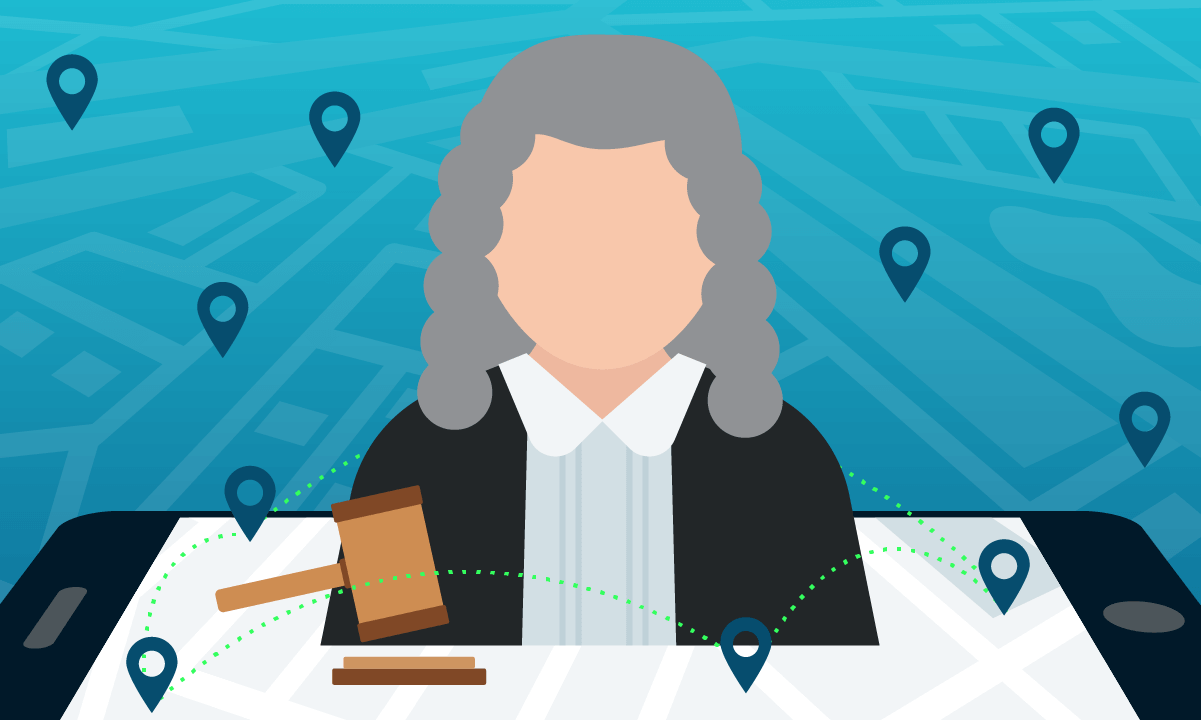Court Rules Against Warrantless Collection of Cellphone Location Data
In a groundbreaking case, the US Supreme Court reversed a lower court's decision regarding cellphone location tracking and law enforcement. In a 5-4 decision, the justices declared that police need warrants to gather phone location data that they wish to use as evidence in trials. The decision was a reversal and remanded a decision by the Sixth Circuit Court of Appeals.
"This is a groundbreaking victory for Americans' privacy rights in the digital age," ACLU attorney Nathan Freed Wessler, who argued the case, said in a statement. "The Supreme Court has given privacy law an update that it has badly needed for many years, finally bringing it in line with the realities of modern life. The government can no longer claim that the mere act of using technology eliminates the Fourth Amendment's protections."
The case was Carpenter v. United States and it related to a 2011 robbery in Detroit. In the process of their investigation of that robbery, the police collected phone location data from the cellphone provider of Timothy Carpenter. In total, they compiled 12,898 locations that he visited over 127 days. However, the police collected this data without a warrant.
The ACLU brought the case to the Six Circuit Court of Appeals, which determined that cellphone location data is not protected by the Fourth Amendment. The Fourth Amendment protects against unreasonable search and seizure. The Supreme Court, however, disagreed.
"The government's position fails to contend with the seismic shifts in digital technology that made possible the tracking of not only Carpenter's location but also everyone else's, not for a short period but for years and years," Chief Justice John Roberts wrote in the decision.
The government's argument in this case was that phone location belongs to the phone service provider, not the customer, much like transaction receipts. But the ACLU argued - and the Supreme Court agreed - that cellphone locations constitute "sensitive digital records" and therefore are protected under the Fourth Amendment.
This case also featured a friend-of-the-court briefing from major tech companies - including Google, Facebook, Apple, Verizon, Twitter, Cisco, Microsoft, and others - which said "Fourth Amendment doctrine must adapt to the changing realities of the digital era" and that "Rigid analog-era rules should yield to consideration of reasonable expectations of privacy in the digital age." Major tech companies don't always stand on the same side as privacy advocates, so this public statement is notable.
This case is groundbreaking because it's the first case regarding cellphone location data that the Supreme Court has weighed in on. The Court's decision sides firmly with privacy advocates, who are increasingly concerned about the ability of cellphones to track people - and with how that information can be used by law enforcement. As surveillance and tracking technologies improve and our phones are able to record even more precise locations, this issue will become even more critical.
Share this postInstall Tenta Browser Free!
Start protecting your online privacy today with Tenta Browser.



